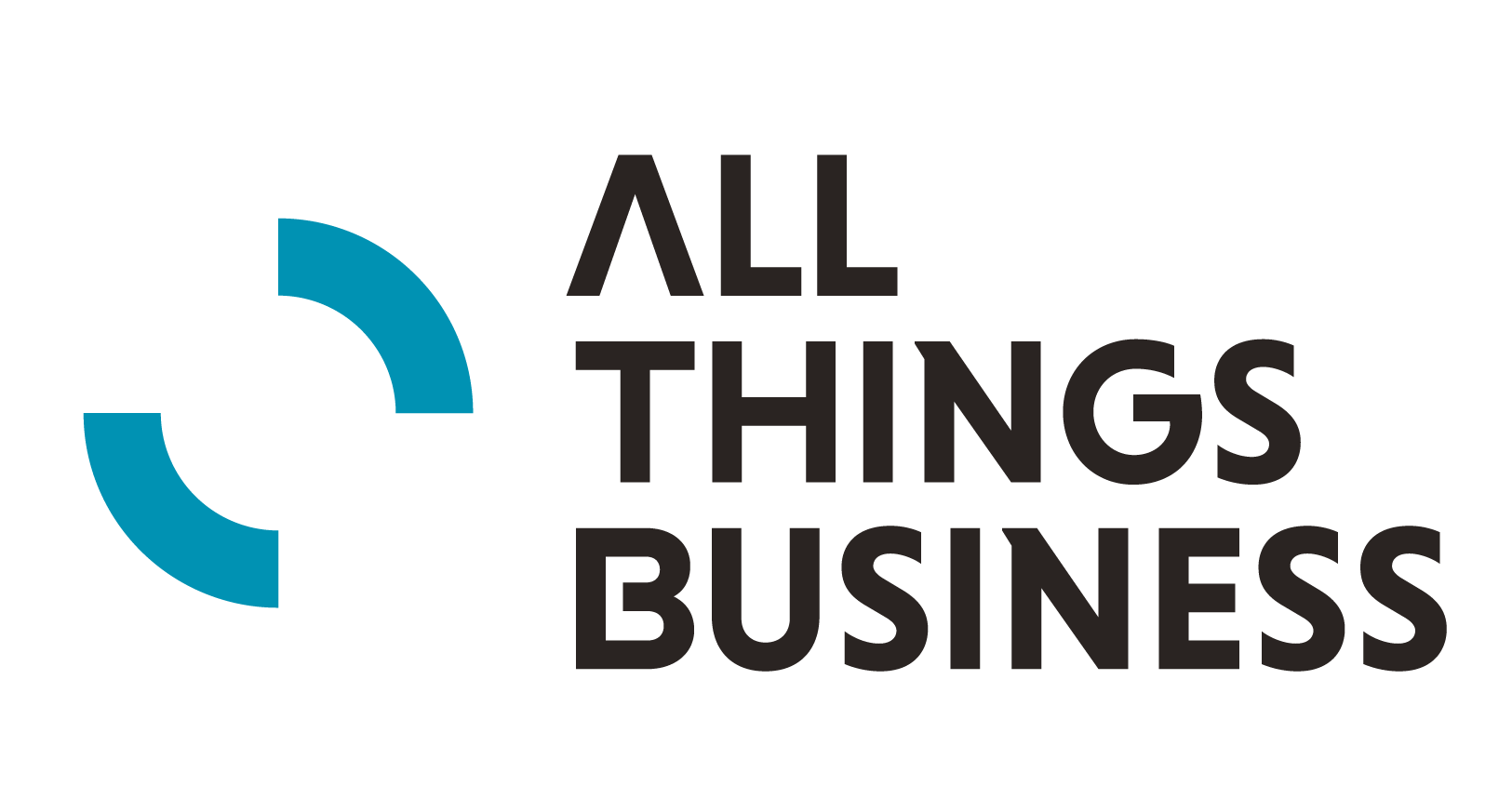Artificial intelligence is becoming an increasingly important tool in facilities management, as businesses seek to maximise productivity and run smooth, healthy and efficient operations, while continuing to negotiate the new, ever-evolving workplace.
buildings, and has the potential to play an important role in enabling us to maximise efficiency and profit, as we determine the most efficient way for commercial buildings to operate.
We’ve looked at four ways that AI could support facilities management:
- A changing workplace: maintaining smooth-running, secure and efficient commercial buildings presents new challenges for facilities managers and their business partners in the post-pandemic world. Of course, AI already plays an important role in reducing energy usage, maintenance planning, automated reporting of faults and instigation of repairs, integration of systems via IoT, and reduction of human error. But the goalposts are moving all the time. The increase of agile and remote working, as a result of the pandemic, gives AI a crucial part to play in several areas.
- Reassuring returning workers and attracting new ones: staff are keener than ever before to know about their immediate environment – workstation safety, hygiene, air quality – and central to this is likely to be the knowledge that there will be a truly open and interactive platform for them to communicate their views, whether positive or negative, on this and other matters. Employers are getting better at this, but research from Willis Towers Watson from showed that only 13% of companies conduct formal focus groups with their staff. Improving this statistic will hold associated benefits for workforce and management alike. Equally, potential staff and recruiters might well have questions about a company’s energy efficiency, carbon footprint, or policy on air quality before they make a decision on whether or not they (or their client) want to work for them. AI has an important part to play in all of these.
- Improving employee wellbeing: workers’ physical and psychological wellbeing are items that have been steadily rising up the agenda in recent years. Although we know AI is beneficial to the bottom line (Google, for example, is reputed to have saved around 40% since allowing AI to monitor their data-centre cooling system), let’s not forget that a happy staff group is also a productive one. How can AI help? The provision of gyms, catering facilities, and meeting areas, for example, can very quickly have a positive impact on how staff feel about where they work. Commenting on a recent café space refit, workplace caterer Eurest’s Health and Wellness Director, Liz Forte said: “You can sense the positive impact it has already had on team spirit and morale”. AI can enable staff to reserve their meals, monitor food choices, modify the ordering process from suppliers and reduce food waste.
- Managing remote and blended working: businesses have not been slow to recognise that perhaps the biggest challenge for facilities managers in recent years is the ongoing management of remote/blended working schemes. Progressive employers were already rolling out blended working before Covid, to allow staff members to deal with day-to-day matters such as family management and school runs. They were also dealing with important issues such as physical and mental wellbeing. Add in the pandemic and both AI and facilities management are having to adapt to address modern workplace needs.
Iot World Today reported:
“As an employee’s relationship with the office evolves, so too must the building itself – and one of the key answers to this is the development of smart environments that respond in real-time to the usage of the building.”
Analysis from Microsoft suggests that nearly three-quarters of workers would like remote and flexible working to continue and that more than two-thirds of companies are replanning their physical spaces.
With remote and blended working on the increase, the role of AI will become increasingly important in the monitoring of ever more agile working patterns, and the impact they have on regular facilities management functions such as sanitation, more efficient use of the workspace, and staff compliance with changing safety measures.
Efficiency, security, communication and wellbeing are some of the ways in which the increased use of AI can be beneficial for both employers and workforces. However, running a building will always require human interaction, and for now, facilities managers should be learning and looking for ways that AI can help with specific issues within their buildings, freeing up their time to focus on serving customers and enhancing experiences.
Contact transform@pyndar.uk to find out more about the company’s approach and how it works with businesses.

